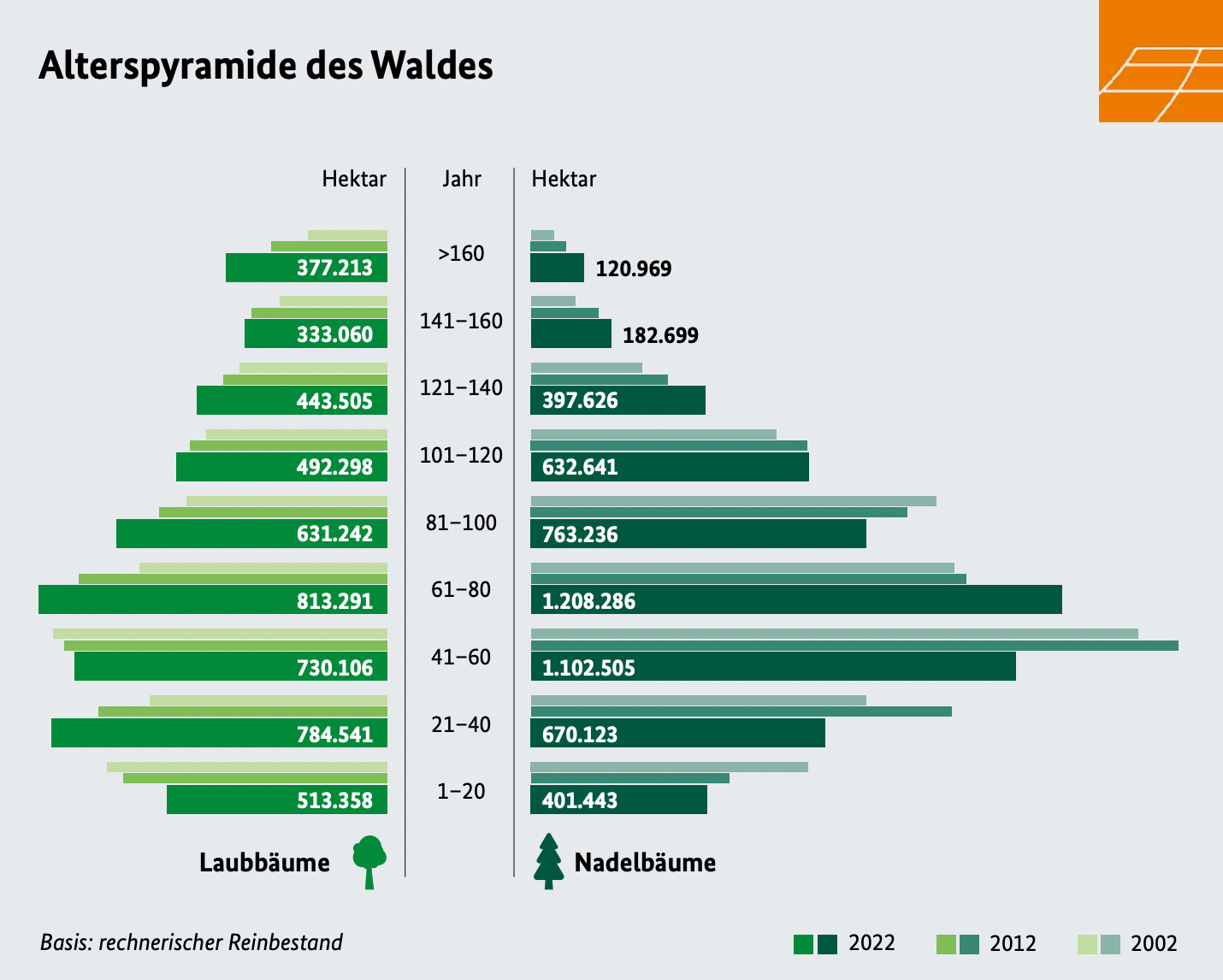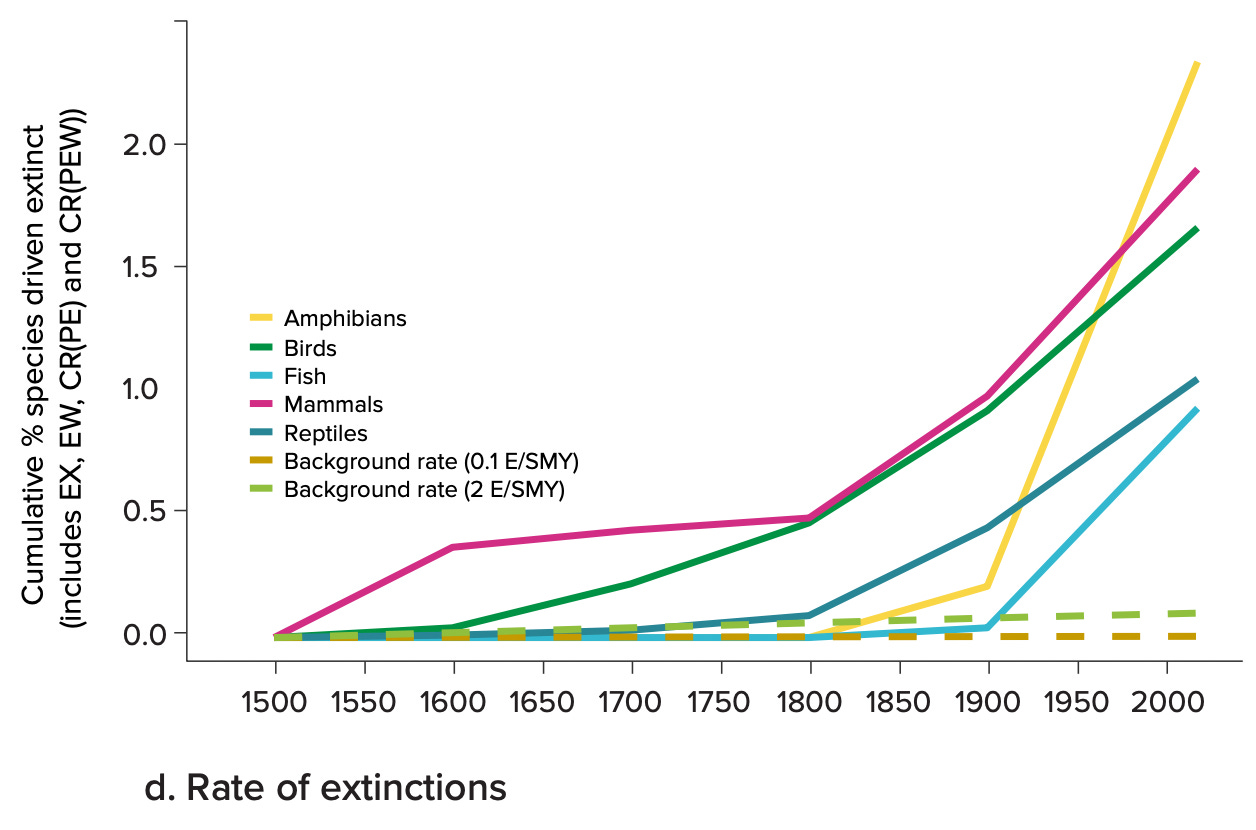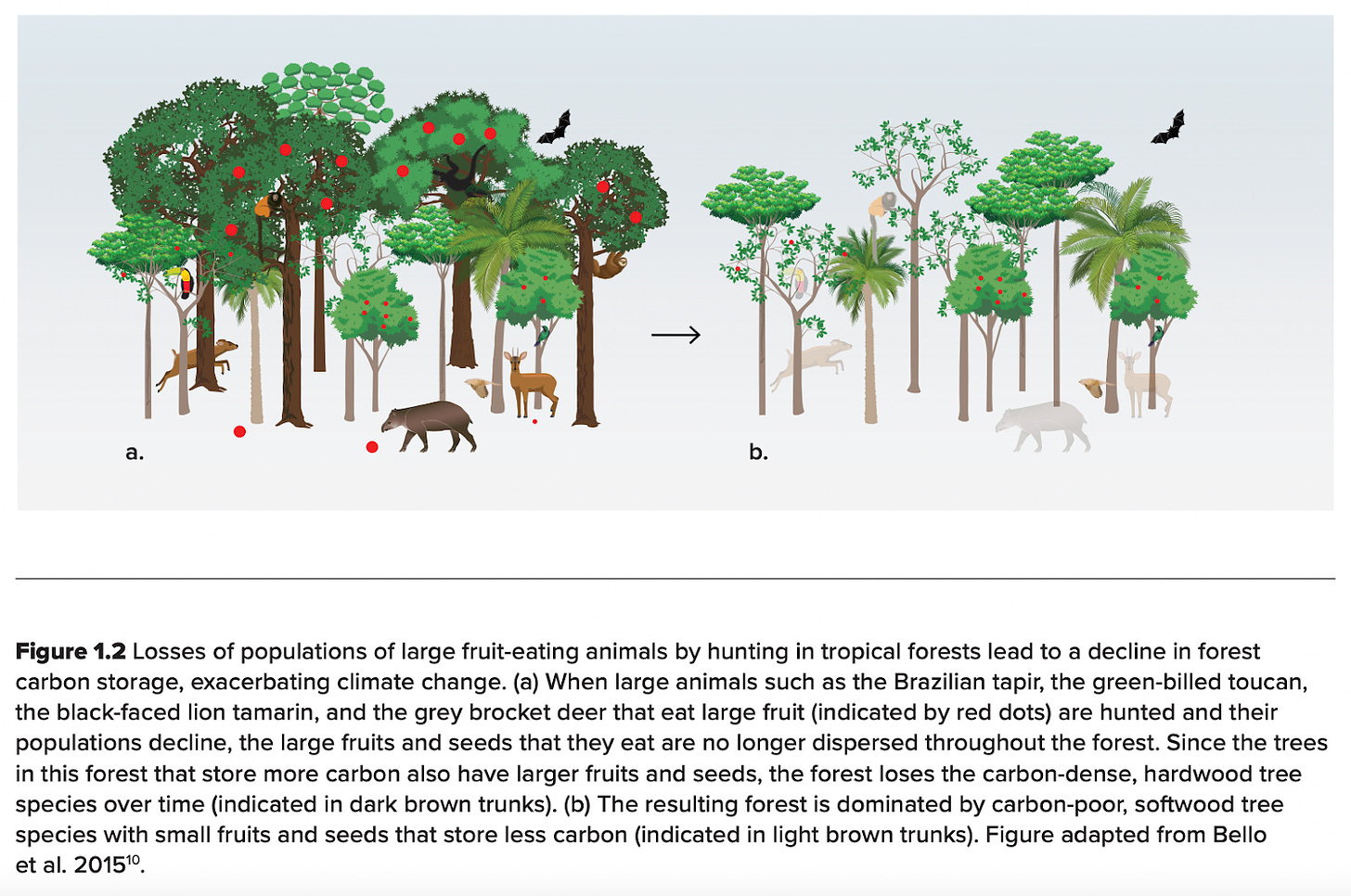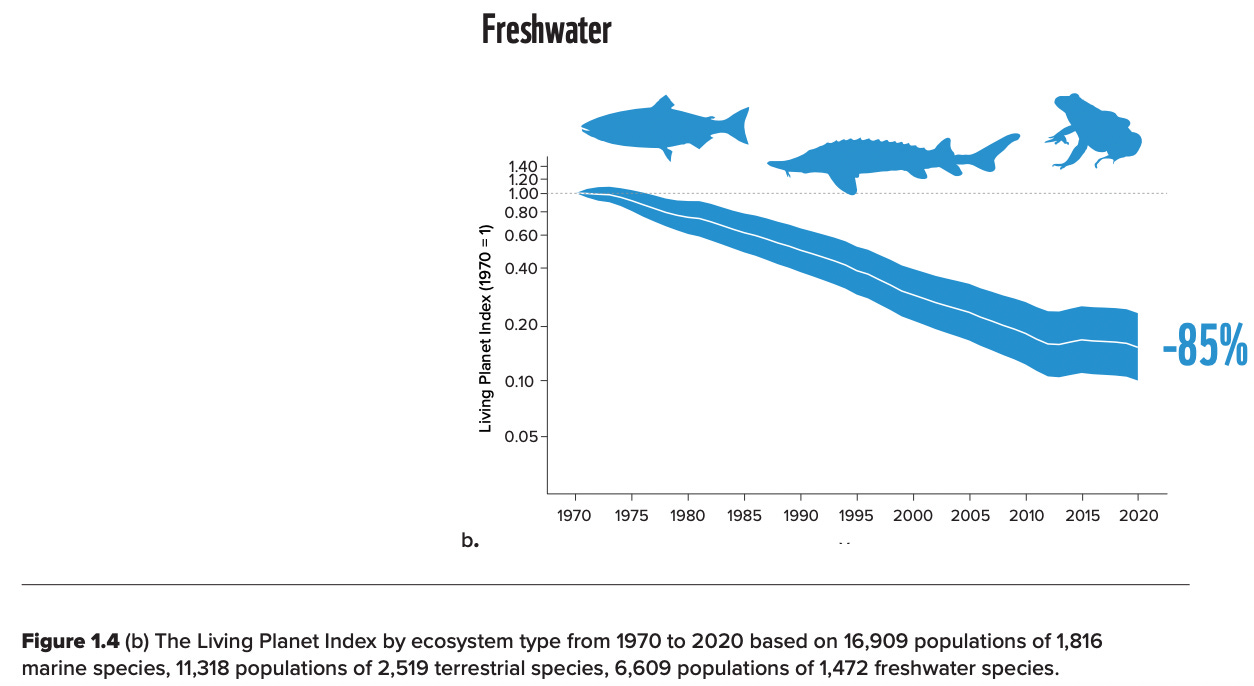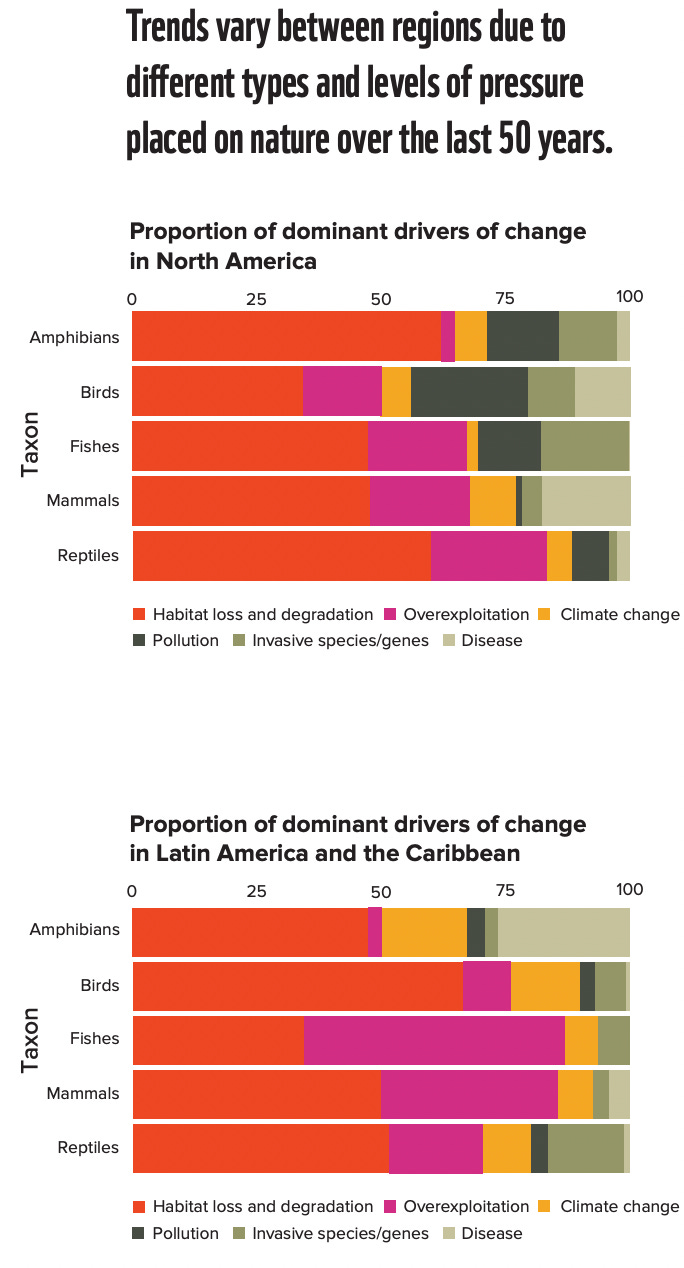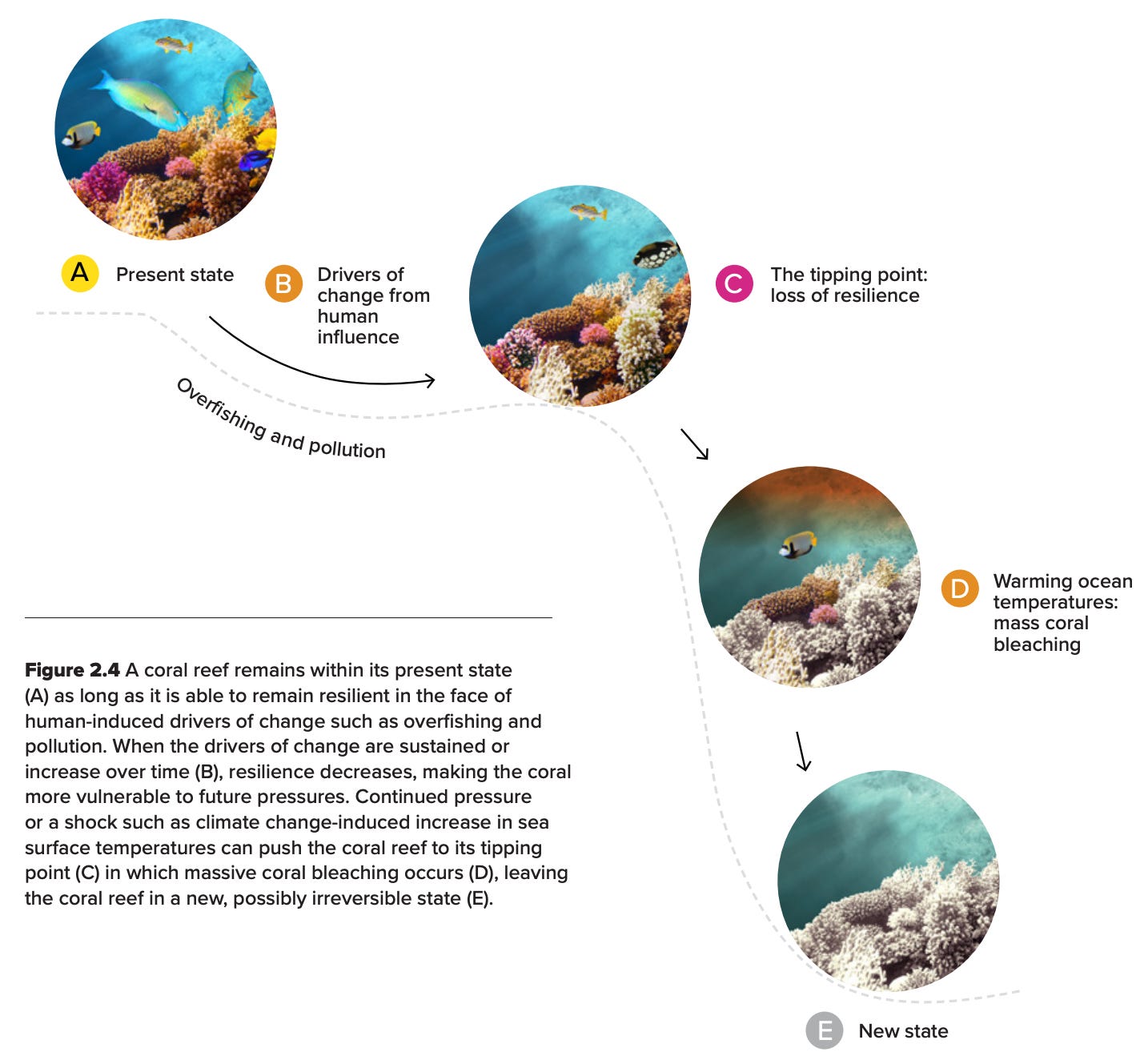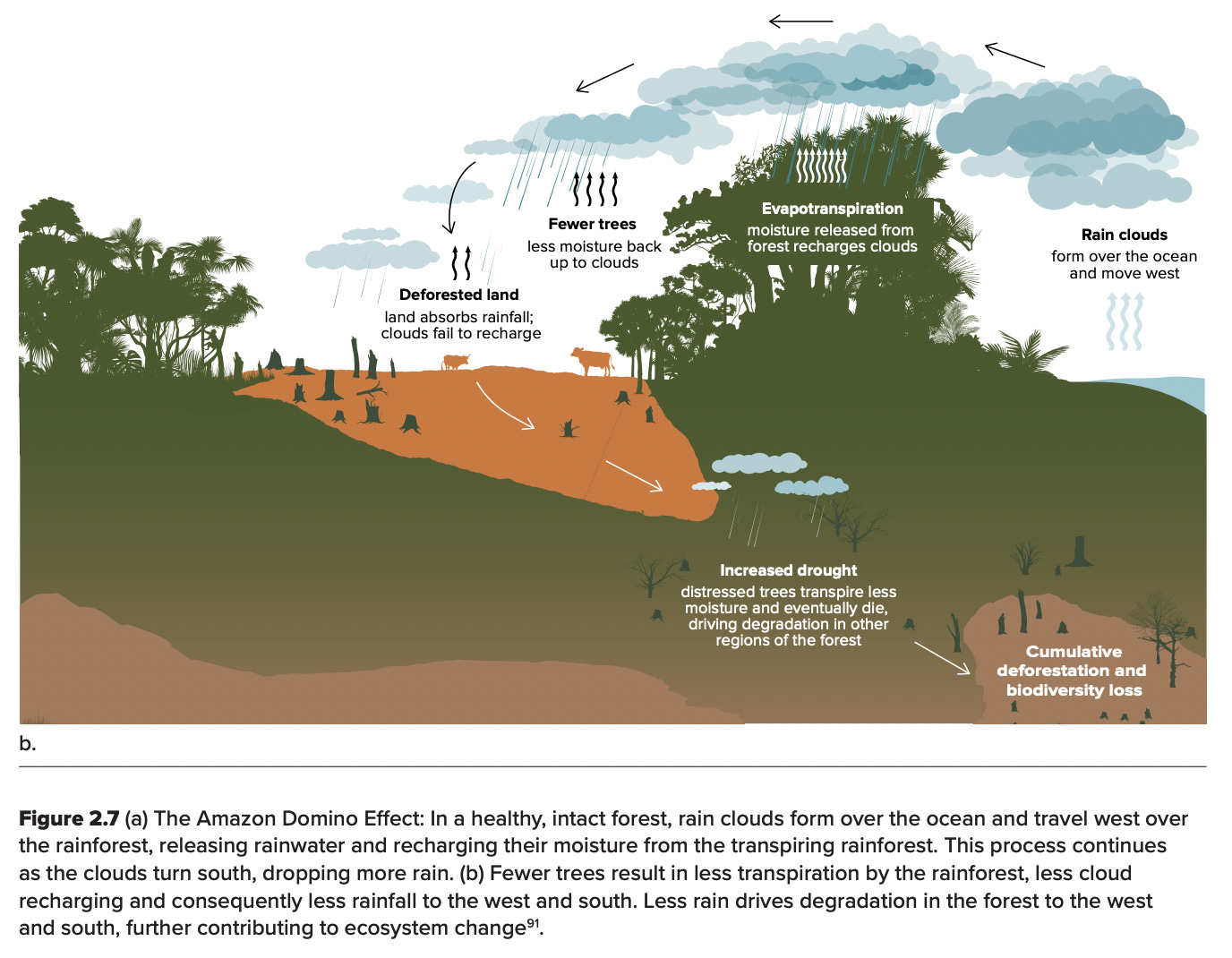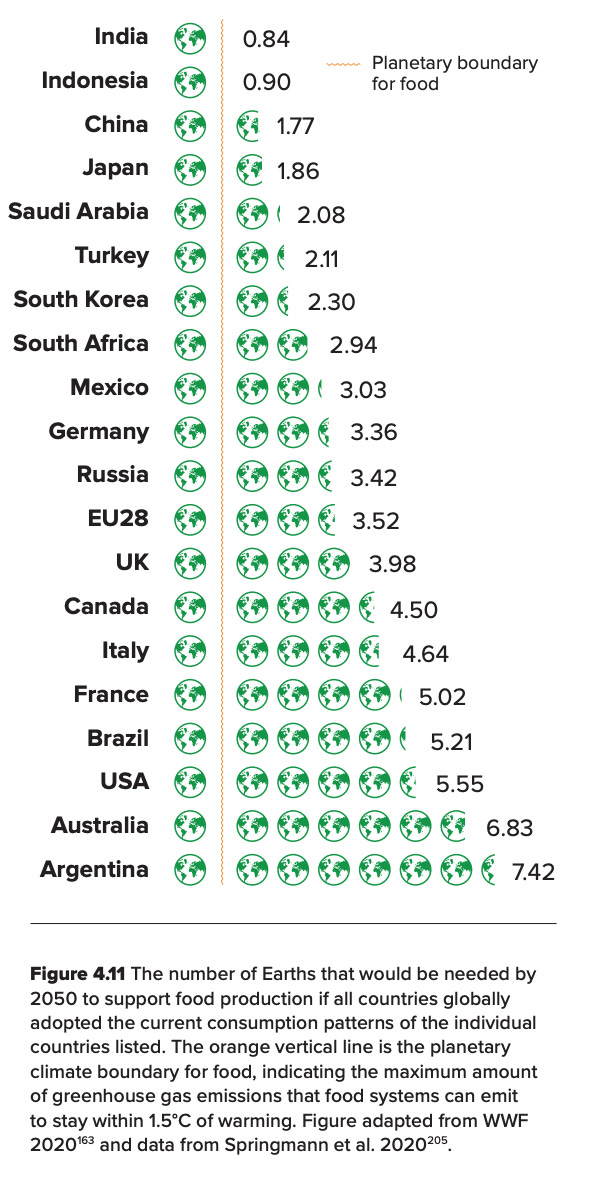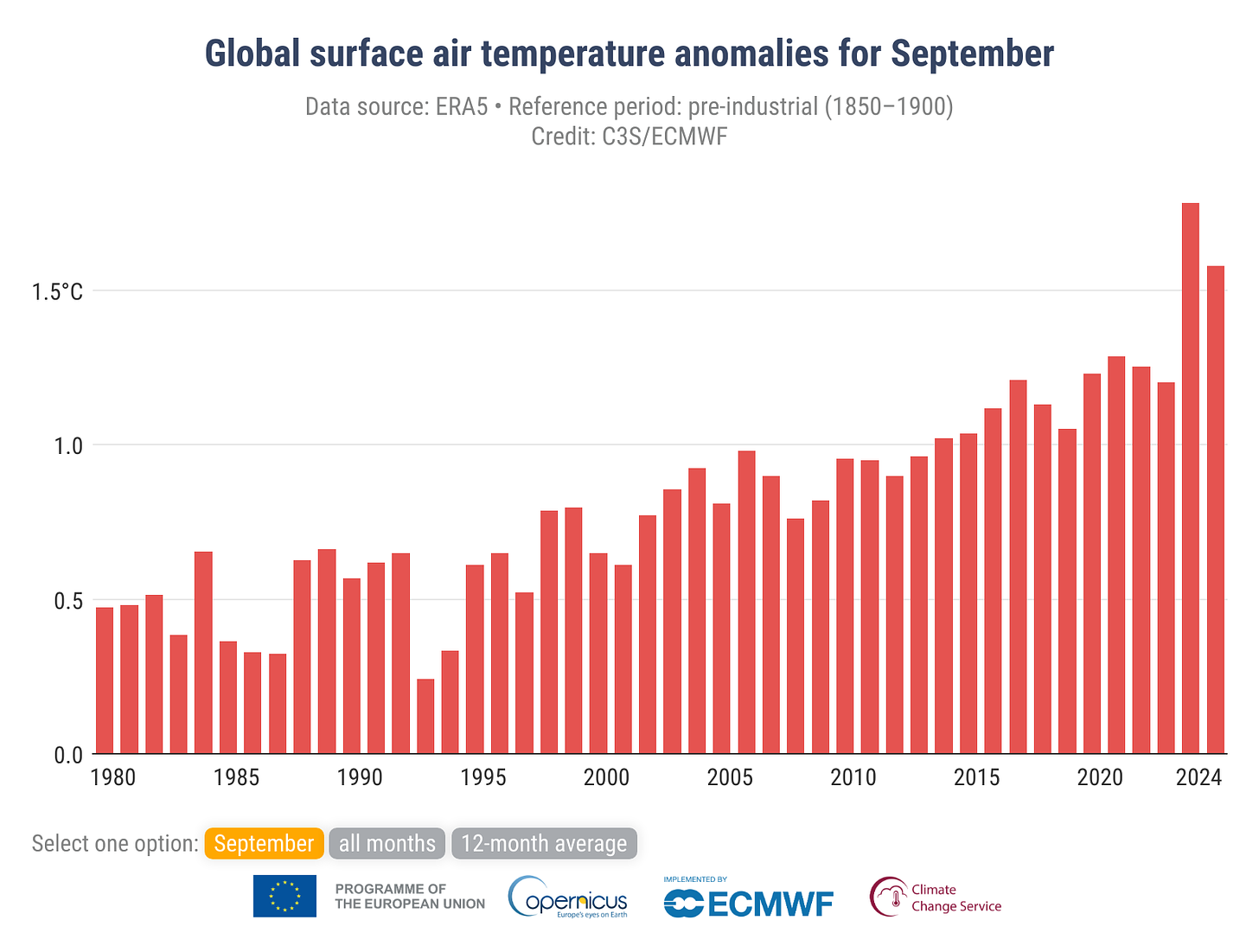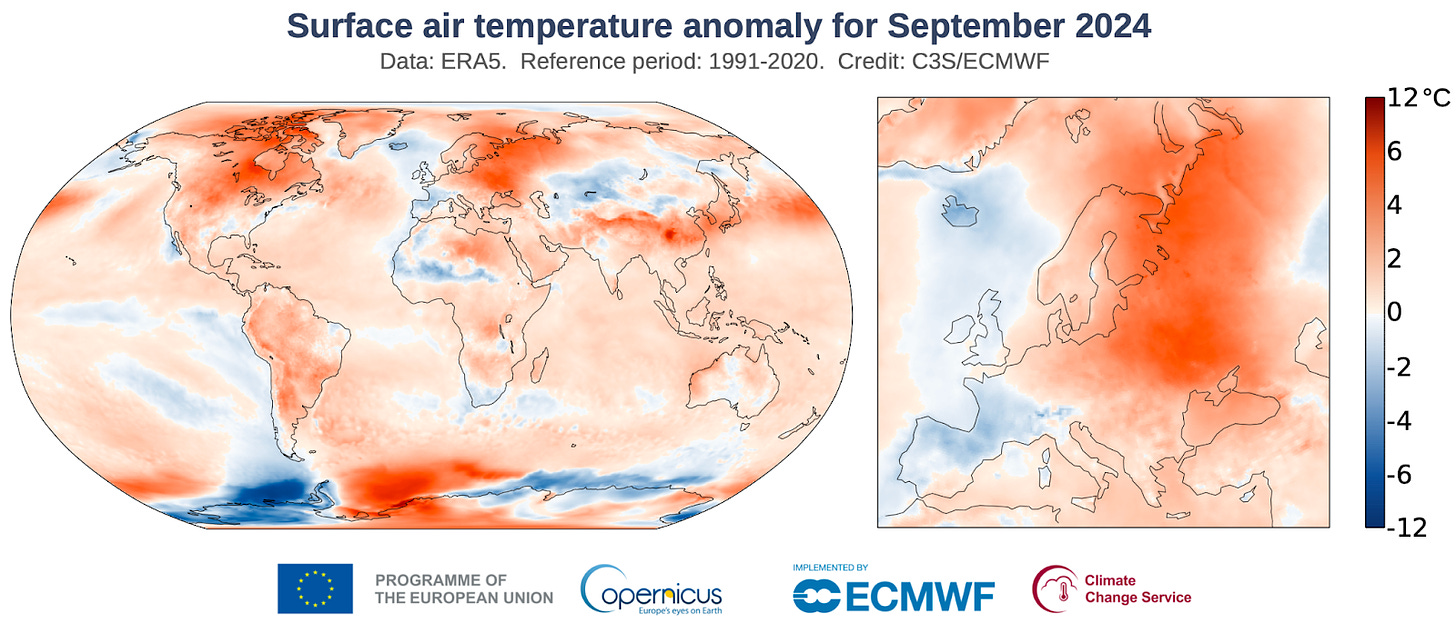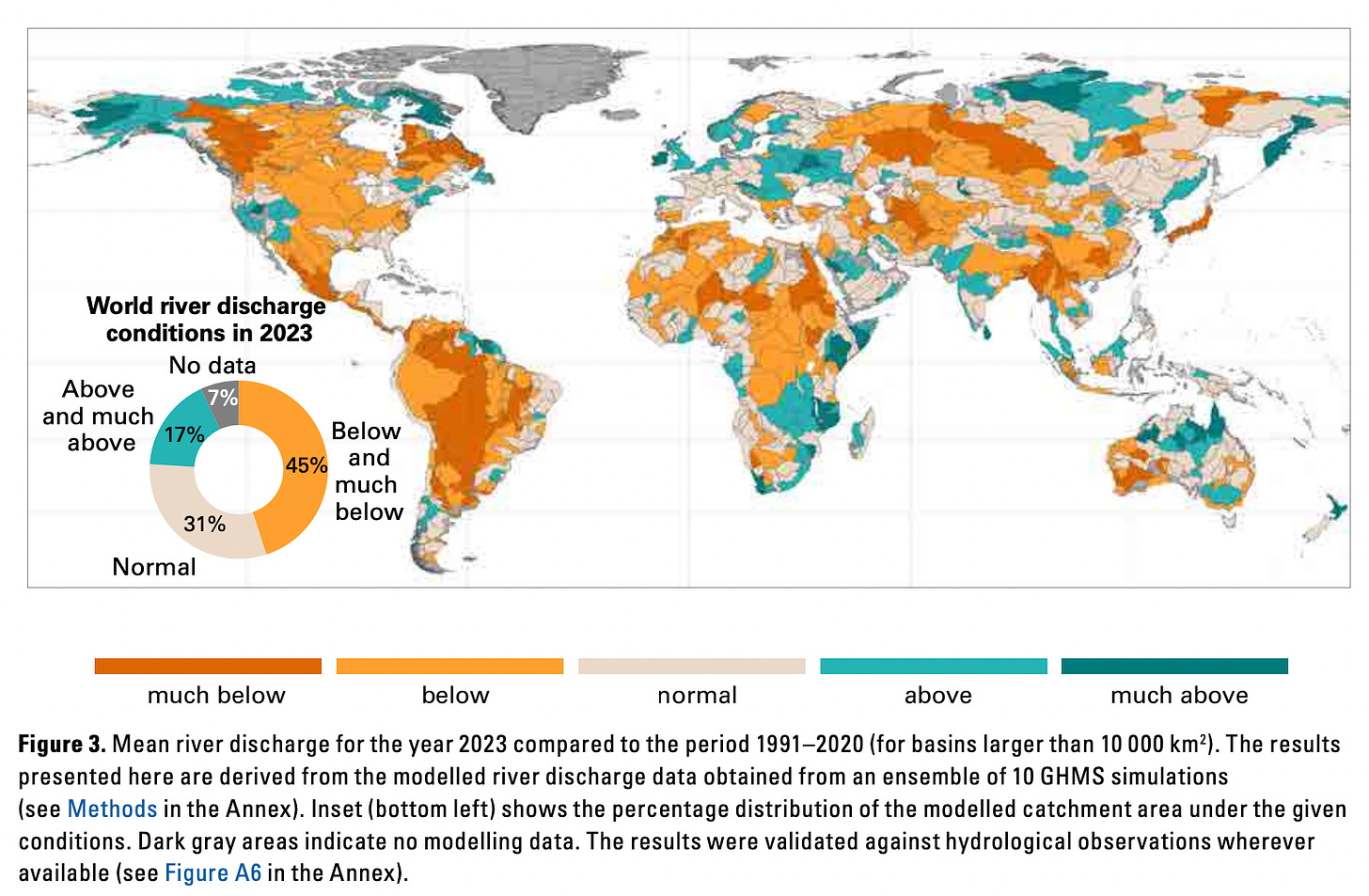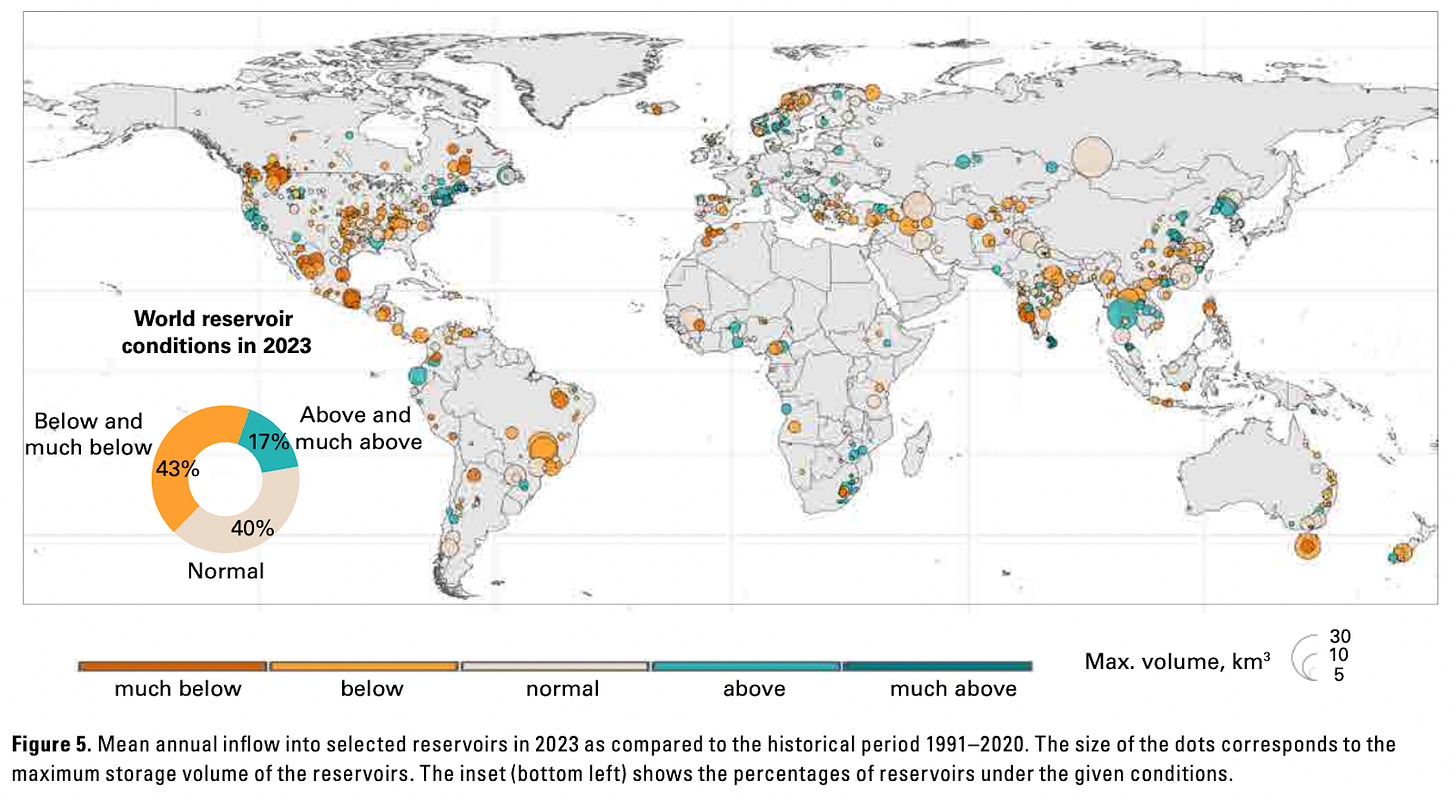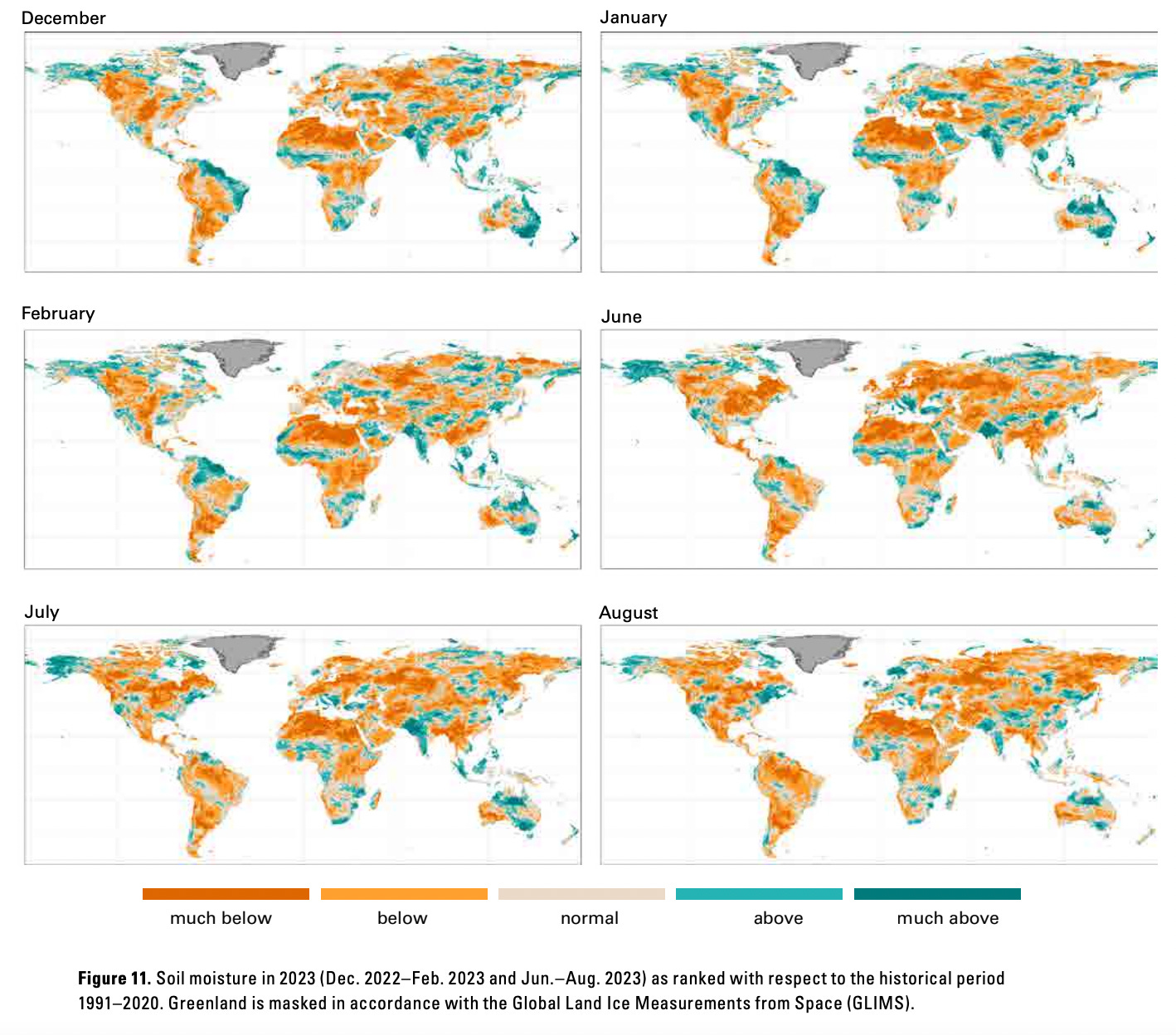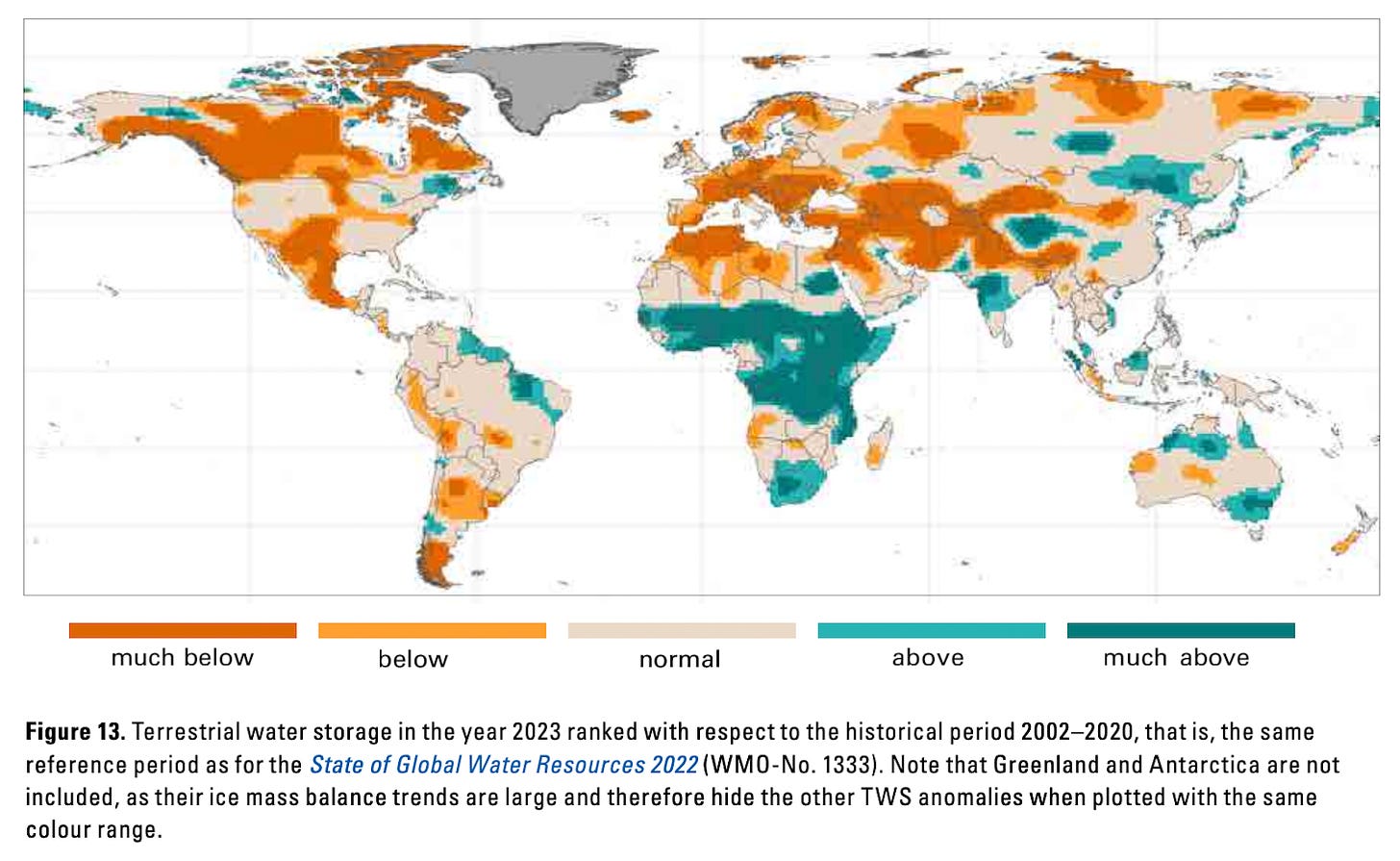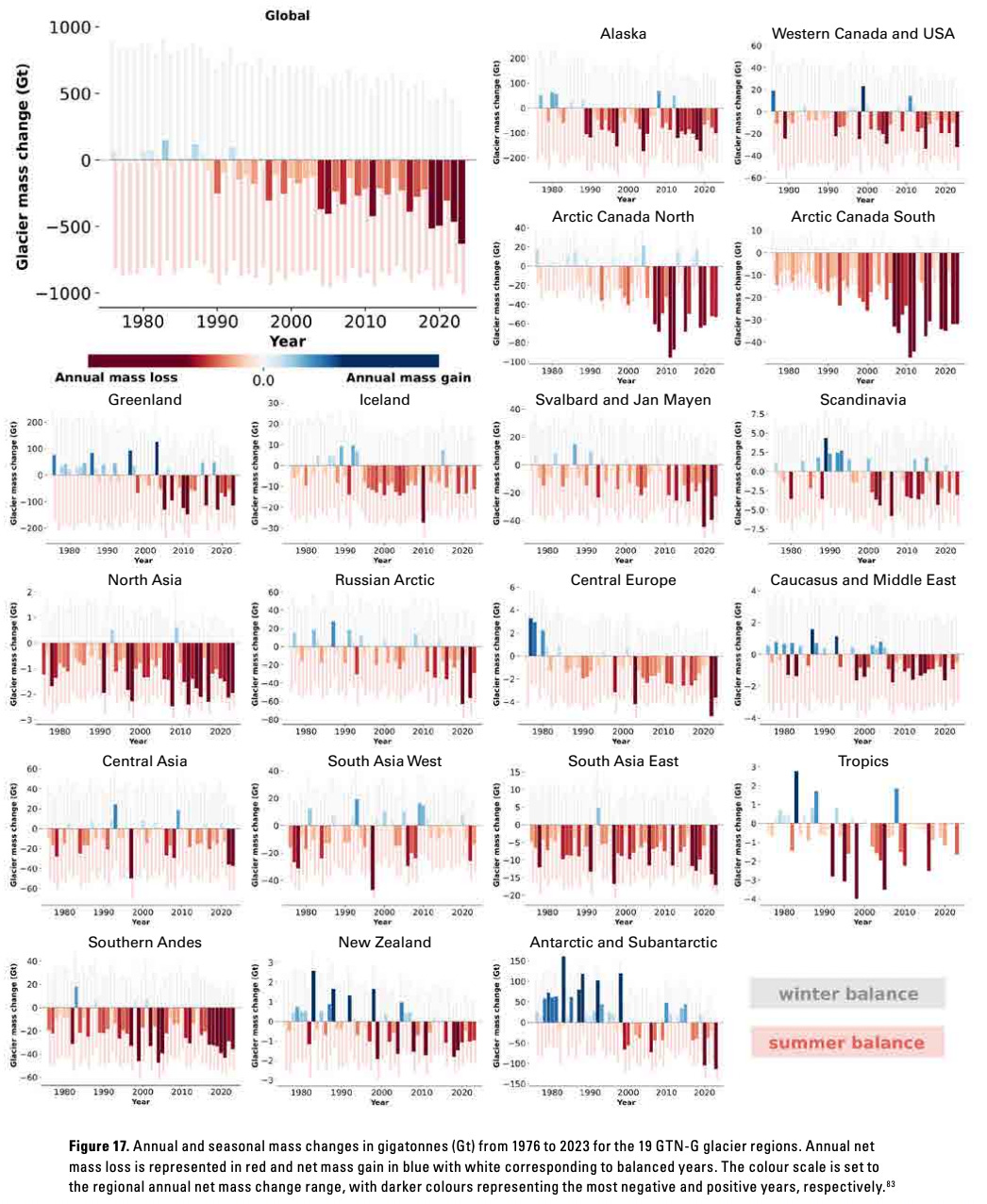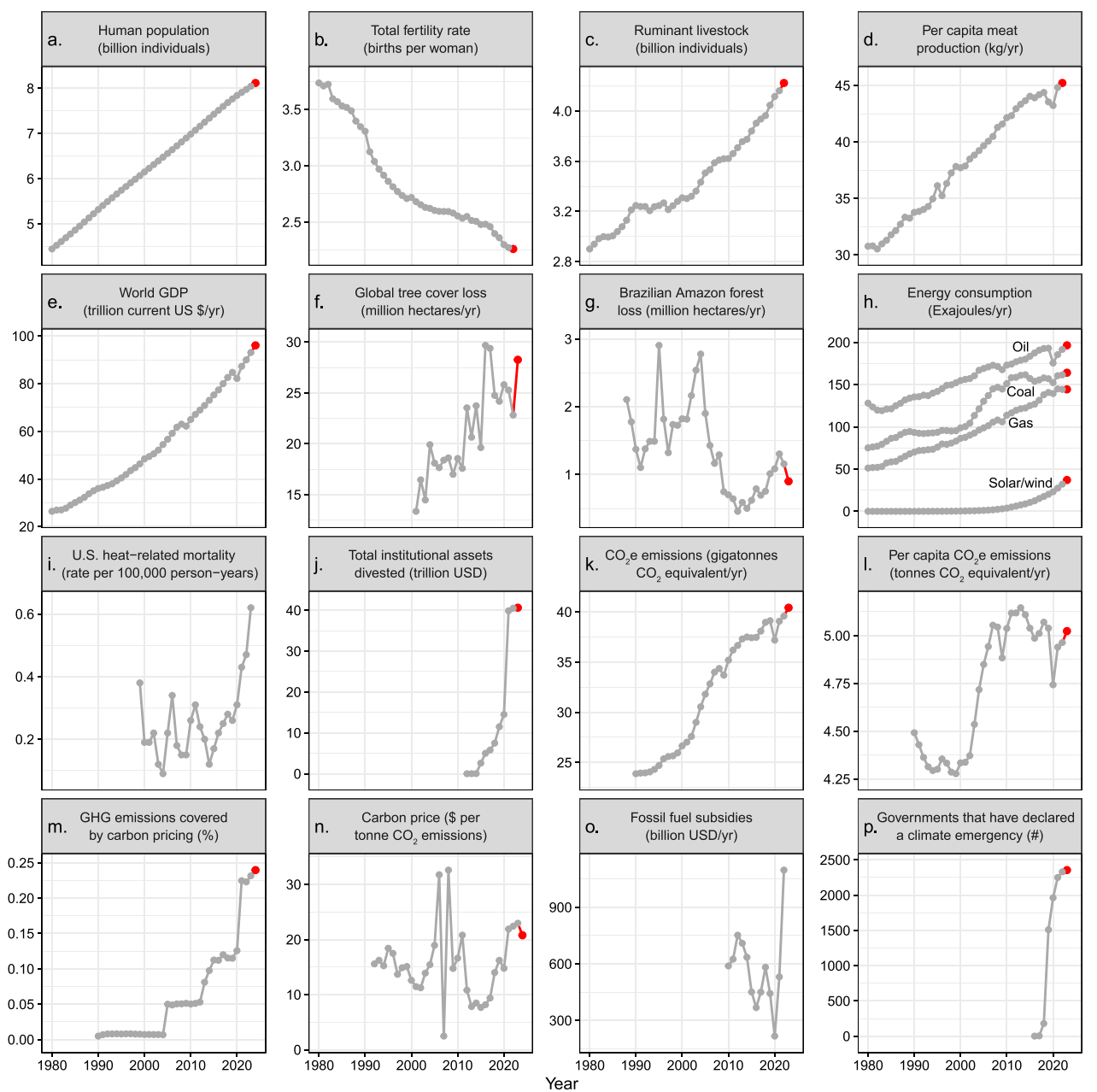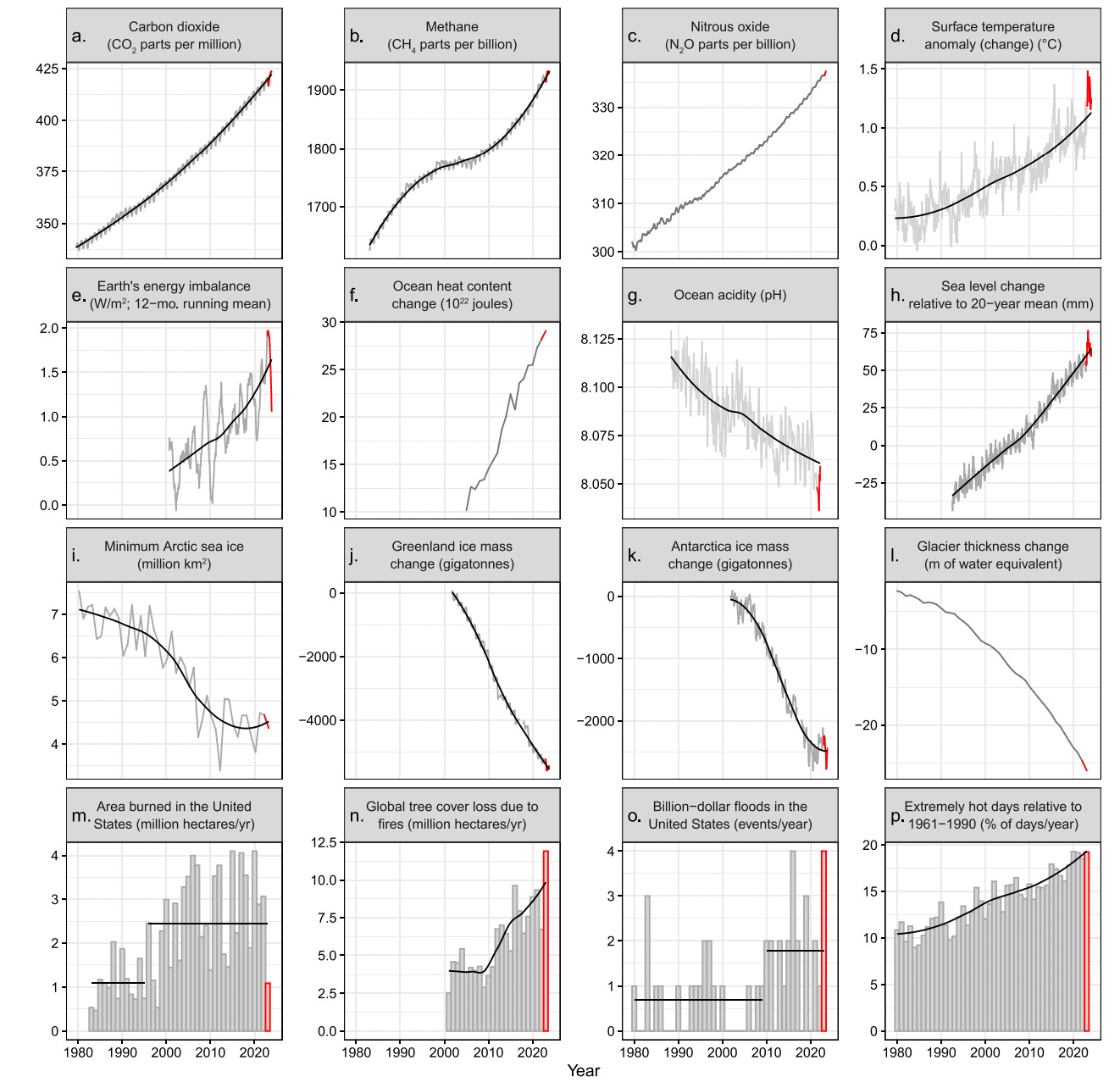Last Week in Collapse: October 6-12, 2024
A devastating hurricane, earth systems under assault, aridification, forever wars, forever diseases, forever floods, forever Droughts, and the growing damage from one year of the Israel-Gaza War.
Last Week in Collapse: October 6-12, 2024
This is Last Week in Collapse, a weekly newsletter compiling some of the most important, timely, useful, soul-shattering, ironic, stunning, exhausting, or otherwise must-see/can’t-look-away moments in Collapse.
This is the 146th newsletter. You can find the September 29-October 5 edition here on Reddit if you missed it last week. Thank you for subscribing to the Substack.
——————————
Hurricane Milton emerged on Monday as “the quickest storm on record to rapidly intensify into a Category 5 in the Gulf of Mexico” before striking Florida on Wednesday as a Category 3 storm. With sustained winds of 180 mph (290 km/h), it was the fifth strongest Atlantic storm on record—so far. Over 3M people were left without power, and 16 have died so far. And weather forecasters are getting death threats from people who apparently believe they are influencing the weather. This visual guide illustrates the hurricane’s path of destruction and some of the damage. Milton is one more hurricane in a line of hurricanes—which will grow worse over time, since sea temperatures are rising, and because “a warmer atmosphere can hold more water vapor—for every 1.8 degree Fahrenheit increase in temperature, the atmosphere can hold 7% more moisture.”
A 60-page (German-language) report on Germany’s forests was released last week, and it indicated that, in 2022, Germany’s forests became net carbon emitters, as a result of Drought, infestations, and extreme weather. The report, which analyzes data up to 2022, suggests that Germany’s forests—which cover about a third of the country—are in peril, particularly coniferous trees. Yet some are taking consolation in the death of post-war monoculture spruce forests because it could mean a more diverse future woodland. Globally, deforestation is rising despite promises to reduce it.
“For the first time in decades, carbon capture is lower than its release…the BWI shows that since 2017, the German forest has released more carbon than it absorbs due to the enormous climate-related damage: the forest has become a source of carbon…The calamities, especially the consequences of the great drought 2018-2021, have disrupted the forest structure….Around 29.4 m³ of dead wood can be found per hectare in the forest - across the entire area, this is 323 million m³. That is a third more than ten years ago, mainly caused by the severe calamities of recent years. In particular, standing deadwood has increased significantly….The spruce in particular has suffered drastically from drought and bark beetle infestation. Many middle-aged stands, usually particularly productive, have died. The drought has weakened the trees. As a result, growth has decreased.” -some Google-Translated excerpts from the report
Canada’s Conservative Party, polling high against the country’s long-ailing Liberals, are aims to eliminate Canada’s carbon tax in an attempt to cut the cost of living. If successful, they might just make living on this planet more difficult. Meanwhile, a French ski resort in the Alps is closing because the shortened snow season has precluded a profitable operation. Azerbaijan, despite recently aggressing against Armenia (twice), is facing allegations of “peacewashing” in advance of the petrostate’s COPout29 climate conference (11-22 November).
The World Wildlife Fund (WWF) released its 2024 Living Planet Report: A System in Peril, and its 94 pages are full of doom—and some great graphics. The report indicates that many tipping points are fast approaching, and our planetary balance is bending to the pressures of exploitation, expansion, and short-term greed. Biodiversity on all its levels (genetic, species, population, ecosystem) is in full rout to the onslaught of human development.
“every indicator that tracks the state of nature on a global scale shows a decline….Over the past 50 years (1970–2020), the average size of monitored wildlife populations has shrunk by 73%....At a regional level, the fastest declines have been seen in Latin America and the Caribbean – a concerning 95% decline – followed by Africa (76%) and the Asia and the Pacific (60%)...., the mass die-off of coral reefs would destroy fisheries and storm protection for hundreds of millions of people living on the coasts. The Amazon rainforest tipping point would release tonnes of carbon into the atmosphere and disrupt weather patterns around the globe….Obesity rates are rising even as nearly a third of the world’s population don’t regularly get enough nutritious food….In western North America, a combination of pine bark beetle infestation and more frequent and ferocious forest fires, both exacerbated by climate change, is pushing pine forests to a tipping point where they will be replaced by shrubland and grassland….National climate commitments would lead to an average global temperature increase of almost 3°C by the end of the century, inevitably triggering multiple catastrophic tipping points.” -selections from the first 10 pages
200 people are feared lost in a landslide in Brazil, which also felt a record warm October night. Thailand continues breaking records for heat. Although China had its hottest September on record, EU climate data suggest last September was the 2nd warmest on record globally, after 2023.
Three people—and two elephants—drowned in flash flooding around Chiang Mai, Thailand. Global sea ice hit another daily low last week. A dust storm in Iraq sent 14 people to the hospital after near suffocation. St. Petersburg (pop: 5.6M), Russia saw 23 cm of rainfall (9 inches) call within 3 hours, a 1-in-1000-year event. This photo report depicts Drought conditions crippling Brazil’s environment. Many of these floods and Droughts are what the World Meteorological Organization calls a “distress signal” from our planet, as we transgress more environmental barriers. An 80-page report by the WMO published last week examines The State of Global Water Resources, as of 2023, the driest year globally in 33 years. Many rivers exhibited discharge rates far below average, while many others had rates far above average.
“2023 was marked by unprecedented heat, becoming the hottest year on record at 1.45 °C above pre-industrial levels….over 50% of global catchment areas showed river discharge deviations from near-normal conditions, predominantly lower than normal, with fewer basins exhibiting above- and much-above normal conditions….Lake Coari in the Amazon faced below-normal water levels, leading to extreme water temperatures….Levels of soil moisture were predominantly below normal or much below normal across large territories globally….In 2023, glaciers lost more than 600 gigatons (Gt) of water, the largest mass loss registered in the last five decades. Following 2022, 2023 is the second consecutive year in which all glaciated regions in the world reported ice loss….glaciers in Europe, Scandinavia, the Caucasus, north-western Canada, western South Asia and New Zealand have passed “peak water” (the threshold of maximum runoff due to melting)....Africa was the most impacted by extreme hydrological events in terms of human lives lost: In Libya where two dams collapsed due to flooding, over 11,000 lives were lost and the event affected 22% of the population…” -excerpts from the executive summary
Other assessments, such as the 13-page 2024 State of the Climate Report, published in Bioscience, affirm that “We find ourselves amid an abrupt climate upheaval, a dire situation never before encountered in the annals of human existence….As of 2022, global fossil fuel combustion and industrial processes account for approximately 90% of these {carbon} emissions, whereas land-use change, primarily deforestation, accounts for approximately 10%.” The report forecasts disasters ahead, including “widespread famines, conflicts, mass migration, and increasing extreme weather that will surpass anything witnessed thus far, posing catastrophic consequences for both humanity and the biosphere.”
England is experiencing its second-worst harvest on record, and it’s because of unusually wet weather lasting from last fall into summer 2024. Strong rainfall last month suggests a similar pattern might unfold for the 2025 harvest season. “It is clear that climate change is the biggest threat to UK food security. And these impacts are only going to get worse until we reduce our greenhouse gas emissions,” said one British scientist.
BP unsurprisingly backtracked on a pledge to cut oil extraction by 2030. A study into reforestation in Australia found that most human-induced forest regeneration (HIR) are impractical for a number of reasons. A paywalled study looked at the relationship between lakes which now freeze for shorter periods of time (or not at all) and the consequences, finding that there are connections with algal blooms, diminished water quality, invasive species, and GHG emissions.
Keep reading with a 7-day free trial
Subscribe to Last Week in Collapse to keep reading this post and get 7 days of free access to the full post archives.




